10 Cybersecurity Companies To Watch In 2019
Many of the industry's most prominent cybersecurity vendors will have their hands full in 2019 integrating major acquisitions, preparing for an initial public offering, or managing through a major turnover in personnel.

New Beginnings
Many of the industry's most prominent vendors will have their hands full in 2019 integrating major acquisitions, preparing for an initial public offering, or managing through a major turnover in personnel.
The coming year will bring continued scrutiny to Symantec over executive departures and headcount reductions, provide Cisco with a golden opportunity to bring security and identity closer together, and leave companies like Cloudflare, CrowdStrike, and Tanium with major decisions around an initial public offering.
From AT&T launching a standalone cybersecurity division for the first time to the spinout of Idaptive from Centrify, here's a look at which cybersecurity companies solution providers should be watching in the year ahead.
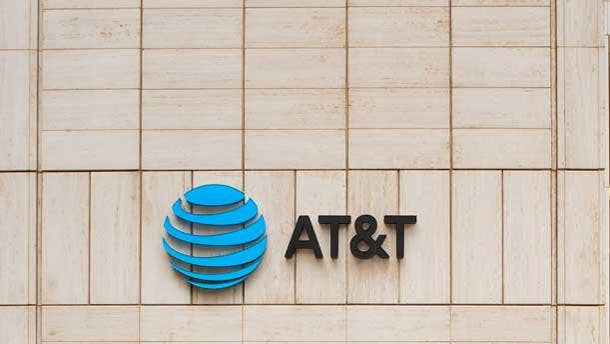
AT&T
AT&T doubled down on cybersecurity in July with its purchase of San Mateo, Calif.-based vendor AlienVault to expand the carrier expand the reach of enterprise-grade security offerings to smaller business.
One month later, the Dallas, Texas-based carrier launched a standalone cybersecurity solutions business unit tasked with making AlienVault's technology and AT&T's existing security capabilities accessible to all businesses from Fortune 100 companies to local mom-and-pop stores. The new business unit is being led by AlienVault CEO Barmak Meftah.
Both AT&T's solution provider and agent partners can access AlienVault’s security portfolio, with a focus on the company's security management platform, AT&T channel chief and SVP Zee Hussain told CRN in November. While AlienVault still has its own channel program that includes MSPs and resellers, AT&T wants to ease into the integration process and hasn't said it will disband AlienVault's channel program.
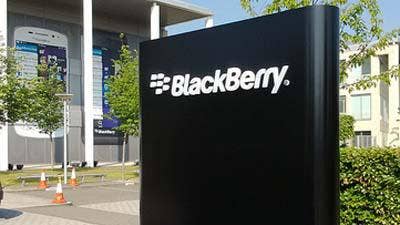
BlackBerry
BlackBerry broke into the cybersecurity market in a big way with its November purchase of Irvine, Calif.-based endpoint security startup Cylance for $1.4 billion. The deal will provide BlackBerry with access to a pioneer in applying artificial intelligence, algorithmic science, and machine learning to cybersecurity, making it easier to predict and prevent both known and unknown threats to endpoints.
The deal interrupted Cylance's plan to pursue an IPO, and instead means the company will operate as a standalone division, attempting to bring its capabilities into non-conventional settings such as autonomous vehicles. Cylance has always enjoyed some traction in the embedded systems space, and now as part of BlackBerry expects to bring its signature-less technology to lower levels of the stack.
Cylance's capabilities will allow partners to get into the autonomous connected vehicle space that Waterloo, Ontario-based BlackBerry has built around its QNX real-time operating system for the embedded systems market.
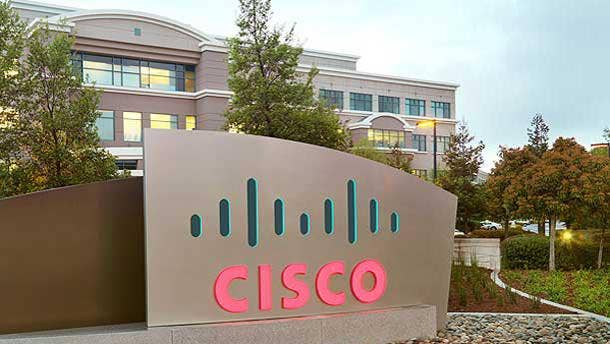
Cisco
Cisco Security looks to be the first vendor to marry network and identity security together with its $2.35 billion purchase of Ann Arbor, Mich.-based Duo Security in August. The deal will give San Jose, Calif.-based Cisco a major presence in the fast-growing unified access security and multifactor authentication markets.
Cisco is looking to integrate Duo's offering with its cloud security platform to help customers connect securely to any application over any networked device. Duo does about 30 percent of its business through the channel, and has been folded into Cisco's Security Business Group, which is led by Gee Rittenhouse.
Duo CEO Dug Song has become a vice president and general manager at Cisco, and said in August that he expects Duo's headcount to grow well beyond its present figure of 700. Duo's offering will be closely integrated with Cisco's Umbrella cloud-delivered enterprise security platform, adding identity awareness to Cisco's internet gateway, cloud access security broker, and enterprise mobility management tools.
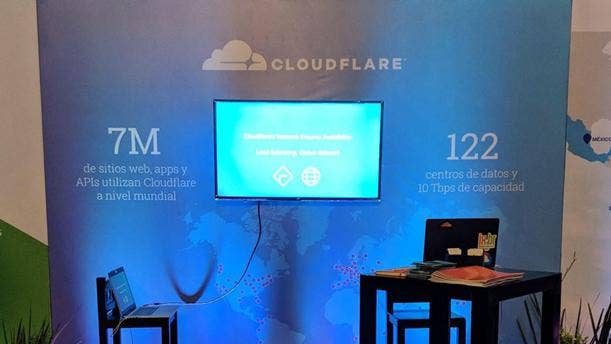
Cloudflare
Cloudflare has tapped Goldman Sachs to lead an initial public offering that is expected to come in the first half of 2019, Reuters reported in October.
The San Francisco, Calif.-based web performance and security vendor believes it could be valued at more than $3.5 billion in the IPO, Reuters said. The company has a system for securing Internet of Things devices called Orbit, which makes it possible for IoT manufacturers to configure their devices to connect with the internet through Cloudflare's network.
The company has experienced massive headcount growth over the past two years, going from just 363 employees in December 2016 to 831 employees today, according to LinkedIn. From a functional standpoint, Cloudflare has done the most hiring in its business development and sales teams, with each increasing headcount by at least 74 percent since last year.

CrowdStrike
CrowdStrike has hired Goldman Sachs to prepare for an initial public offering that could come in the first half of 2019, Reuters reported in October.
The Sunnyvale, Calif.-based endpoint security vendor wants to be valued at more than the $3 billion valuation assigned to the company during a funding round earlier this year. CrowdStrike in June received an additional $200 million of funding in a Series E round led by New York-based growth equity firm General Atlantic, Palo Alto, Calif.-based venture capital firm Accel, and Menlo Park, Calif.-based IVP.
George Kurtz, CrowdStrike's co-founder and CEO, told CRN in June that it's not uncommon for companies to do a big private funding round before a potential IPO, and indicated that CrowdStrike would continue to have the opportunity to go public in the future. CrowdStrike's platform processes more than 100 billion security events daily to stop all attack types, including never-before-seen threats.
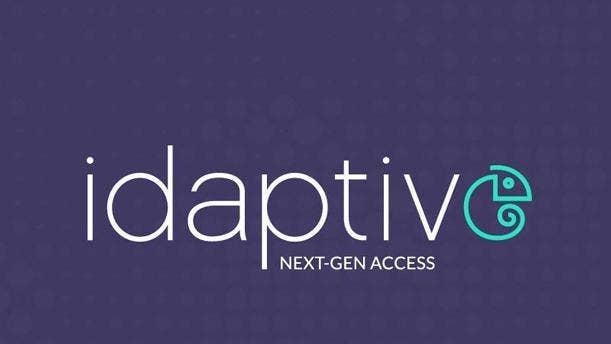
Idaptive
In an industry rife with consolidation, it's very rare to see a new company formed by spinning off from an established industry player. But that's just what happened with Centrify's Identity-as-a-Service unit, which on Jan. 1 is becoming a separate, stand-alone company called Idaptive focused on single sign-on, adaptive multifactor authentication, enterprise mobility management and user behavior analytics.
Idaptive will be owned by Thoma Bravo – which purchased Centrify in July – and led by Danny Kibel, who had spent the past 18 months as Centrify's vice president of engineering and operations. Among the leaders migrating from Centrify to Idaptive is Brian Krause, who had spent the past 18 months as Centrify's global channel chief before assuming the same role at Idaptive.
The company's unified approach to next-gen access avoids the security and performance gaps and integration and maintenance challenges that arise when companies implement tools from separate vendors. Idaptive is focused on determining the authenticity of a digital user and their device, governing access across a client's resources, and reacting when risky behavior is detected.
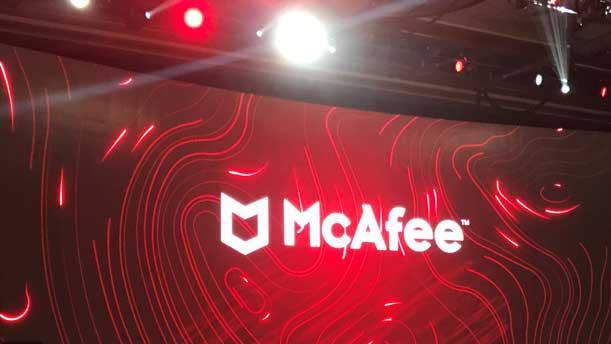
McAfee
Thoma Bravo entered into discussions about buying all of McAfee from Intel and majority owner TPG, according to a December CNBC report.
Sources told CNBC that the deal would come at a significant premium over McAfee's 2016 valuation of $4.2 billion. Private equity firm Thoma Bravo took a minority stake in McAfee in April 2017 as part of the company's spinout from Intel, which was led by TPG. Intel first acquired McAfee back in 2010 for $7.6 billion.
McAfee saw executive turnover in 2018, with global channel chief Richard Steranka leaving the company as part of a broader set of layoffs, sources told CRN at the time. The company also promoted consumer business leader John Giamatteo to president and chief revenue officer and tasked him with modernizing McAfee's corporate go-to-market engine and boosting the customer experience for all routes to market.

Palo Alto Networks
Palo Alto Networks will enter 2019 with fresh faces in the CEO, president, and global channel chief roles. The company in June selected Nikesh Arora – the man who helped grow Google's search business from $2 billion to $60 billion – to be its next chairman and CEO. The company's shareholders in December opposed a plan that had resulted in some $125 million of total compensation for Arora in fiscal 2018.
The following week, Palo Alto Networks announced that global channel leader Ron Myers would leave the company in August and be replaced by Americas channel chief Karl Soderlund, who had been with the company since 2017. Palo Alto Networks has tapped former Nutanix channel leader Anar Desai to replace Soderlund in the Americas channel chief role.
Four months later, Palo Alto Networks brought in Amit Singh – the leader responsible for growing Google Cloud into a multibillion-dollar business – to be its next president. Singh replaced Mark Anderson, who had been with the company for 6.5 years and served as president since August 2016.
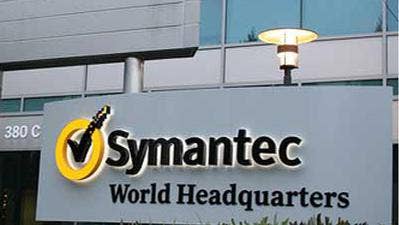
Symantec
Thoma Bravo has approached Symantec to express interest in purchasing the Mountain View, Calif.-based platform security behemoth, Reuters reported in November. However, any deal giving Thoma Bravo a controlling stake in top competitor McAfee would put a fork in its talks with Symantec, CNBC said in December.
The Mountain View, Calif.-based vendor announced in August plans to cut its 11,000-person staff by up to 8 percent as part of a $50 million restructuring plan. In November, the company said that President and COO Michael Fey has resigned from his post, with Bloomberg reporting that CMO Michael Williams and Bradon Rogers, SVP of the go-to-market team, had also departed. Symantec declined to comment.
Symantec in September finished its internal probe into concerns raised by a former employee and deferred $12 million of revenue that had been recognized in the quarter ended March 2018. The probe identified certain behavior inconsistent with the company's code of conduct, and referred the matter to Symantec for appropriate action.
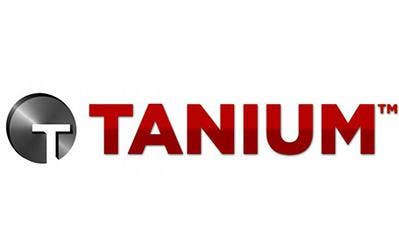
Tanium
Tanium was extremely aggressive in raising money from the private markets in 2018, receiving a $175 million investment from TPG Growth in May and then hauling in an additional $200 million in an October round led by Wellington Management. The Emeryville, Calif.-based company has raised $782.8 million in ten funding rounds since its founding 11 years ago.
The funding round raises Tanium's pre-money valuation to $6.5 billion, while the company has increased its headcount by 84 percent over the past two years from 440 employees in December 2016 to 810 workers today. Proceeds from the October funding round will be used for general corporate purposes, as well as to provide early investors and employees with liquidity.
Tanium brought in former DreamWorks CFO Fazal Merchant in May 2017 to serve as the company's CFO and COO. Bringing in a new CFO is a strong leading indicator of a company’s IPO ambitions, with three-quarters of the VC-backed tech companies that have gone public since 2011 doing so between one year and three years of hiring a new CFO, according to an analysis by Rohit Kulkarni of Forbes.